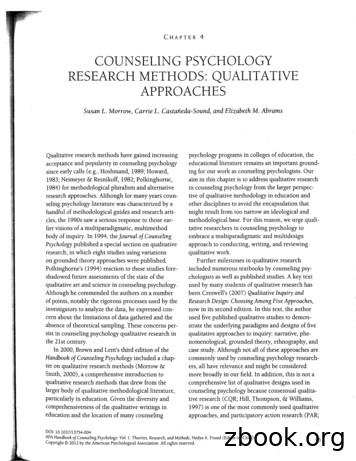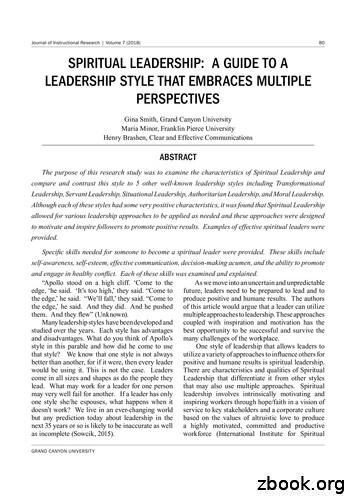Search qualitative research on leadership a critical but
qualitative data. (Note that pure qualitative research will follow all of the paradigm characteristics of qualitative research shown in the right column of Table 2.1.) Mixed research – research that involves the mixing of quantitative and qualitative methods or paradigm characteristics. The mixing of
Qualitative Analysis of Anions 1 Experiment 10 Qualitative Analysis of Anions Pre-Lab Assignment Before coming to lab: Read the lab thoroughly. Answer the pre-lab questions that appear at the end of this lab exercise. The questions should be answered on a separate (new) page of File Size: 343KBPage Count: 16Explore further(PDF) Experiment Report: Analysis of Anions and Cations .www.academia.eduExperiment 7 Qualitative Analysis: Anionswww.csus.eduLab Experiment #8: Qualitative Analysis of Common Anions .www.youtube.comQualitative Analysis of Anions - Odinitywww.odinity.comLab 13 Qualitative Analysis of Cations and Anionsdoctortang.comRecommended to you b
Philosophical Assumptions Underlying Qualitative Paradigms 14 Ontology 15 Epistemology 16 . The Role of Ethics in Qualitative Research 49 Summary 52. viii Contents ' PART II: MAJOR QUALITATIVE TRADITIONS IN LEADERSHIP RESEARCH 55 . Contributions to the Study of Le
Research Practice Guide. 2 Code for America’s Qualitative Research Practice Guide is a statement from our qualitative research team of how we approach qualitative research, why we believe research is critical to the effective delivery of government services, and how you can engage with our research practice.
ter on qualitative research methods (Morrow & Smith, 2000), a comprehensive introduction to qualitative research methods that drew from the larger body of qualitative methodological literature, particularly in education. Given the diversity and comprehensiveness of the qualitative writings in education and the location of many counseling
The relationship between qualitative, quantitative and mixed methods research. The importance of the research question in an analysis. The need for methodological rigour in qualitative research. 1.1 Qualitative, Quantitative – A Few Clarifications What do the terms ‘qualitative data’ and ‘quantitative data’ mean? While the
Qualitative Research Design January 2015 Margaret R. Roller such as social media and mobile, as well as the evolving stature of Qualitative Research Design: Selected Articles from Research Design Review . The Sage handbook of qualitative research. T
Qualitative Research from Start to Finish SECOND EDITION Robert K. Yin THE GUILFORD PRESS New York London . Brief Contents PUT 1 Understanding Qualitative Research CHAPTER 1 What Is Qualitative Research— 3 and Why Might You Consider Doing Such Research?
Leadership, Servant Leadership, Situational Leadership, Authoritarian Leadership, and Moral Leadership. Although each of these styles had some very positive characteristics, it was found that Spiritual Leadership allowed for various leadership approaches to be applied as needed and these approaches were designed
1. Explain what qualitative methods can add to program evaluation and identify situations/reasons when qualitative methods may be appropriate. 2. Identify different types of qualitative evaluation data collection and analysis and list steps involved in doing them. 3. Apply best-practices for qualitative methods in relation to program evaluation.
Qualitative Analysis of Group I Cations – The Silver Group 2 temperature of the solution increases from 20 C to 100 C. The solubilities of AgCl and Hg 2Cl 2 increases very little over this temperature range. Thus, PbCl 2 can be separated from the other two chlorides by adding hot water.File Size: 287KBPage Count: 9Explore furtherExperiment 12: Qualitative Analysis of Cationswww.bc.edu6: Qualitative Analysis of Group I Ions (Experiment .chem.libretexts.org18.9: Qualitative Cation Analysis - Chemistry LibreTextschem.libretexts.orgSeparation and identification of cationswww.periodni.comOxidation numbers calculatorwww.periodni.comRecommended to you b
qualitative research vary widely, a common thread is this: to conduct qualitative analysis, the researcher must first arrive at a system for organizing, displaying, and coding data. 3 The primary substrate for qualitative research is words organized into text, whether in the form of field notes, transcripts of interviews











